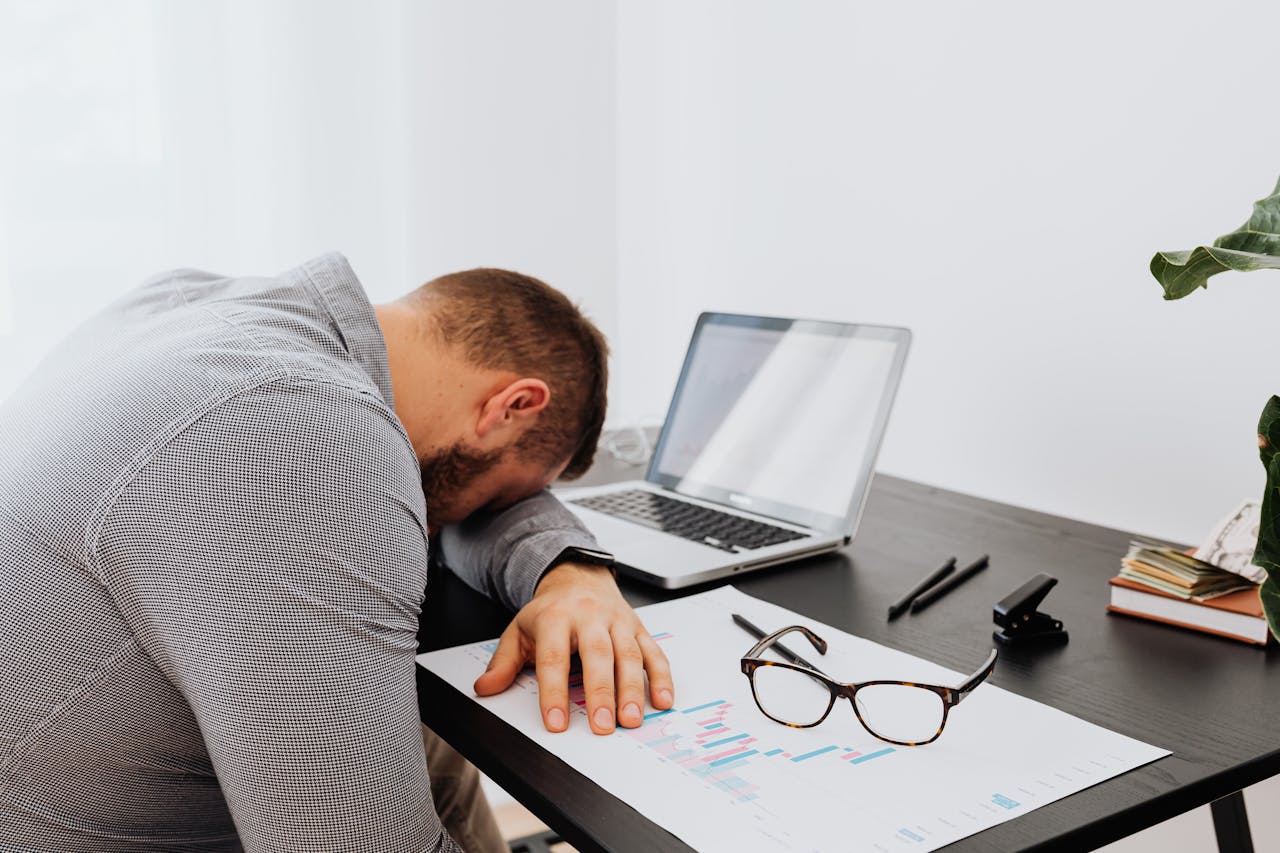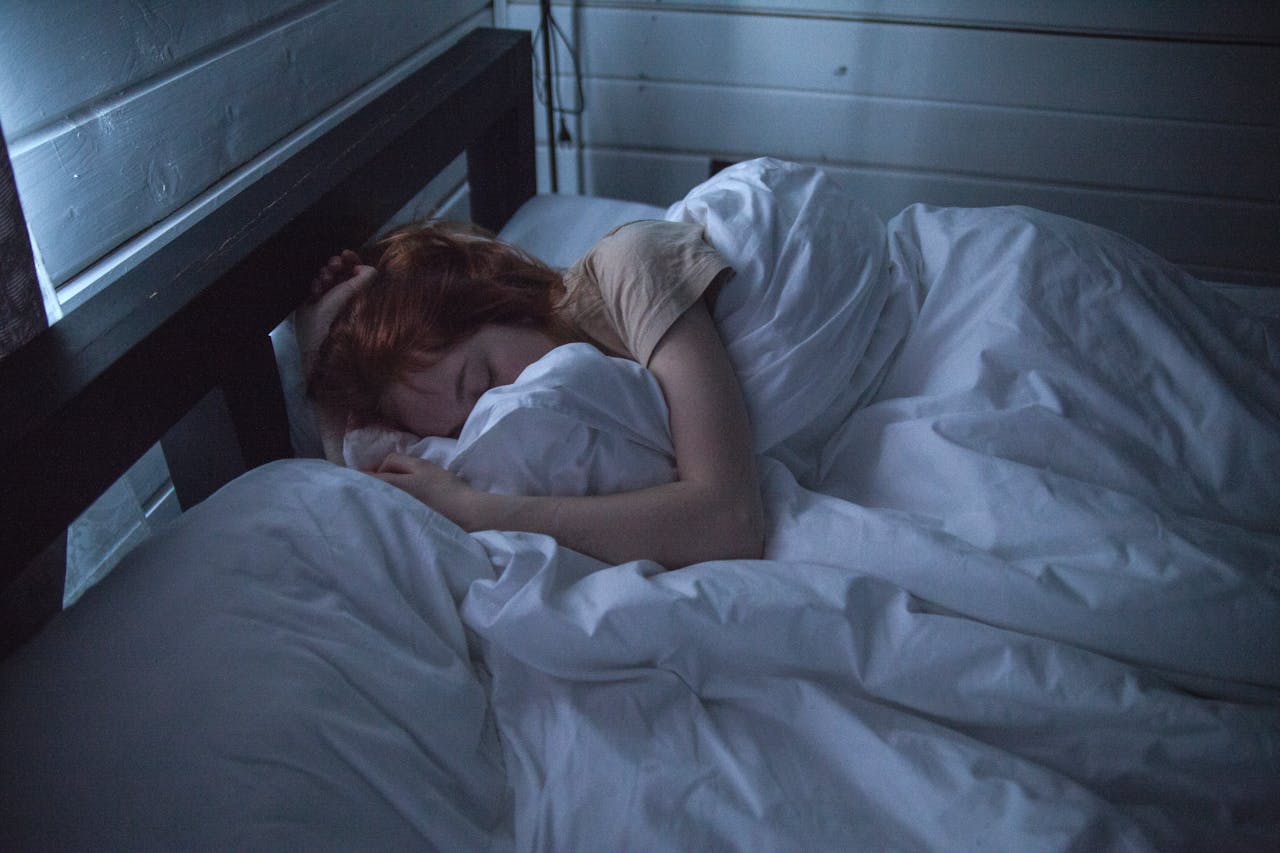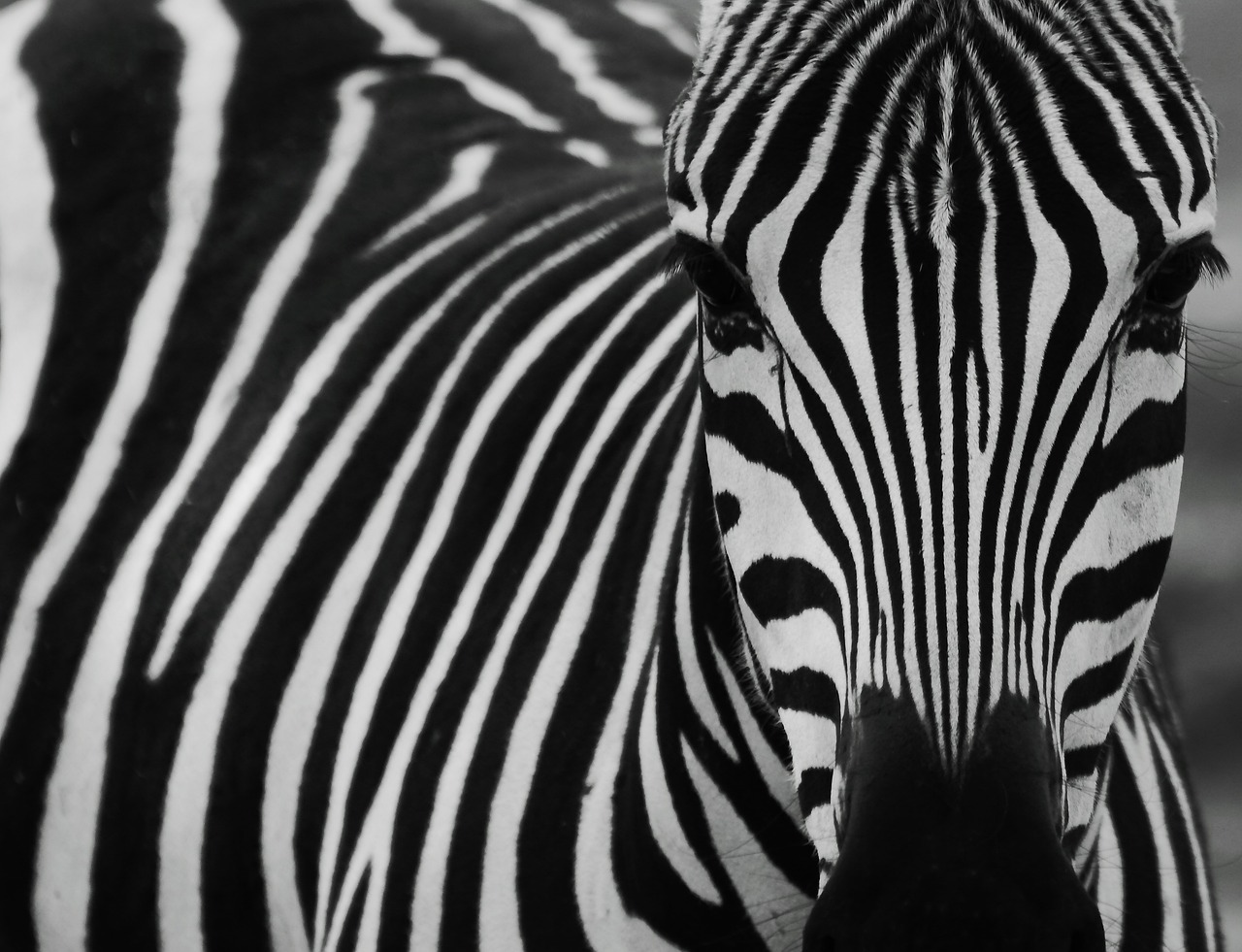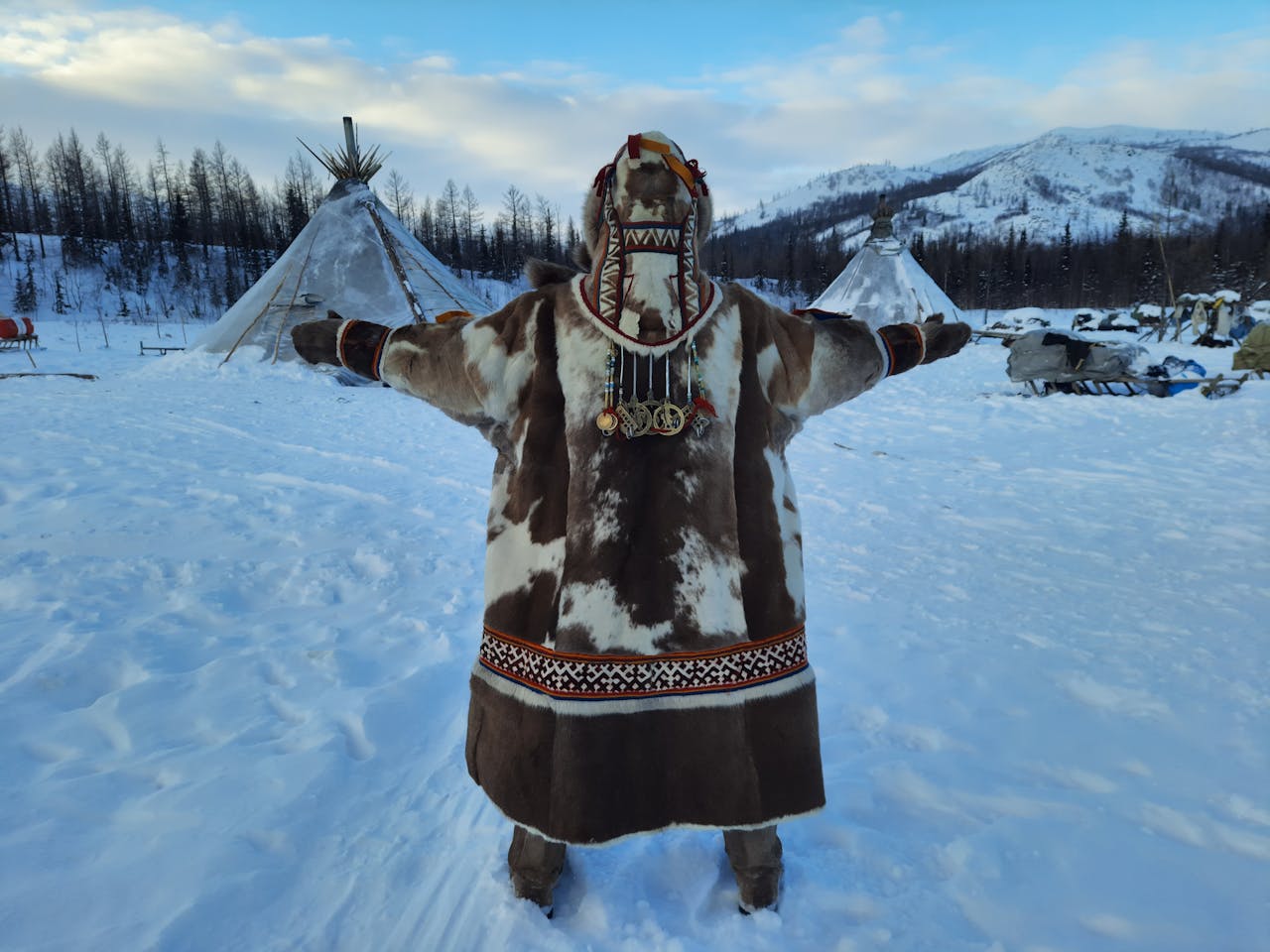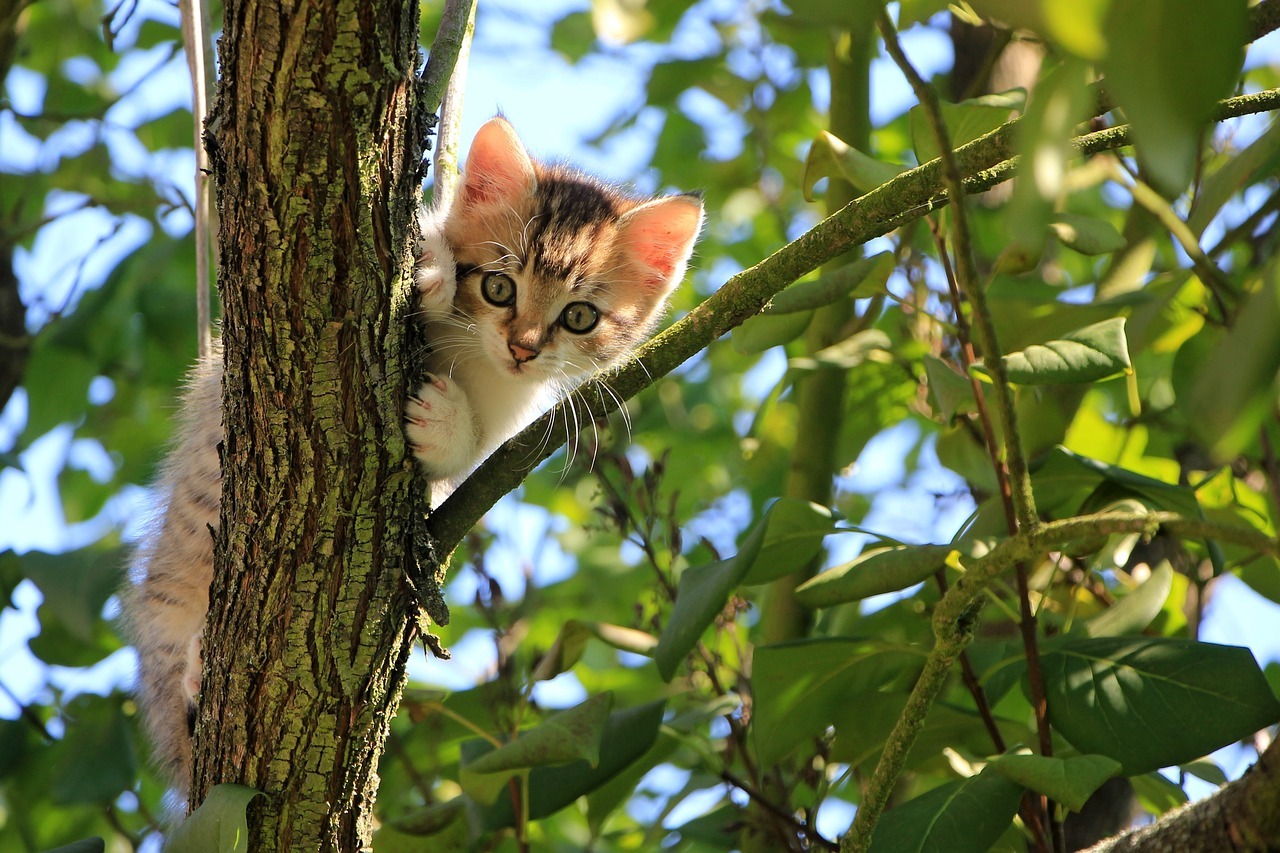Oh boy, we’ve all had those nights, right? Nights when sleep seems like a mythical creature you just can’t catch. Whether it’s cramming for some looming exam, the baby having a monologue at 3 AM, a book you just can’t put down, or that new series that pulls you in unexpectedly—before you know it, the sun’s peeking in, laughing at you because sleep has once again pulled a Houdini. Ever wondered just how far you can push your body before it just waves the white flag? That’s been brewing at the back of my mind, nudging, “How long can I really last without sleep?”
As I take a swig of my third coffee of the day—yeah, my hands are shaking like I’ve got ants in my pants—realizing that scientists have actually poked and prodded to find this out makes me shiver a bit. Could one survive days without sleep? Weeks? I won’t lie; their findings are a heady cocktail of fascinating and, um, just a little terrifying.
The Curious Case of Randy Gardner
Okay, let me take you on a little time-travel trip to 1964. Back then, a gutsy high school kid named Randy Gardner decided he’d ditch sleep for a school science fair project. Can you imagine? Randy went all out, dodging sleep like a champ for a mind-blowing 11 days—264 hours, give or take. Just thinking about it makes me want to nap! And whatever sleepless struggles you and I have faced, well, Randy was way ahead of the curve.
But, oh man, he paid the price. Hallucinations became regular guests, even the simplest tasks felt like climbing Everest, and his mood—let’s just say friendly wasn’t in his vocabulary. He did survive the ordeal though, leaving us wide-eyed over just how resilient the human mind and body can be.
Now, just because Randy lived to tell the tale doesn’t mean you should try this at home, folks! The experts, with their fancy gadgets and gizmos, strongly advise against pulling a Randy. We’ve learned a lot since his daring stunt, and you wouldn’t wanna turn your brain cells into guinea pigs.
Why Our Makeup Needs Sleep
So why is sleep such a big deal? Why do I turn into a cranky zombie in mere hours if I skip it? Turns out, our bodies aren’t drama queens—sleep is as essential as food and water. When we’re snuggled up, our brains flip the switch to maintenance mode—sort of like a little spring cleaning. During sleep, our brains whip memories into shape and toss out the garbage. It’s like your brain sends you a morning memo, but skip sleep and, oops, that memo just ghosted you.
This brain cleanup is crucial. Without it, our minds become a disaster zone—yeah, like that desk you’ve let pile up for months. We’ve all been there, drowning in clutter, and trust me, it’s not pretty.
The Risks of Going Sleepless
After about three days? Oh, boy, your body’s throwing a wild party without you knowing. Stuff goes wonky: things don’t seem to stay where you left them, hallucinations pop by, and noises go all weird on you. It’s like your mind’s playing some twisted magic show, and, let’s be real, who signed up for that?
As night and day bleed into each other, physical tolls start piling up too. Your skin takes longer to heal, your immune system slackens, and even the simplest tasks feel Herculean. It’s mind-blowing how much laying there and catching z’s controls our overall vibe. We’re not talking mild grumpiness here—we’re on the brink of “body breakdown” level.
And then, there’s the sneaky phenomenon of micro-sleep—essentially, your brain hits pause without your say-so, nodding off for teeny, tiny naps you barely notice. You could blink away moments of conversation—yikes, imagine doing that behind the wheel. Scary stuff!
The Spectrum of Sleep Deprivation
Here’s the kicker: we aren’t all affected the same way by sleeplessness. Some people, like legit night owls, seem to ace life with only a few winks a night. I peer at them with a blend of envy and disbelief because growing up, I was always told I needed a solid eight hours. But most of us, myself included, find out the hard way that skimping on sleep equates to skimping on quality of life.
Short-term sleep deprivation? It’s all grumbles and forgetfulness, but long-term? Scientists drop bombs like “cardiovascular issues,” “obesity,” “diabetes,” and potentially even a shorter lifespan. Big yikes!
Science’s Chilling Guess
Some folks claim humans can hobble along for about eight to ten days without sleep, but that’s like flirting with disaster right on the cliff’s edge. A single misstep, and, well, you know the rest. You won’t catch me signing up for that adrenaline rush, no way!
Here’s the thing: scientists don’t have oodles of data on sleep deprivation because, surprise, depriving someone of sleep for experiments is a bit of a moral no-no. While Randy Gardner holds the record, our understanding of pushing sleepless boundaries is fuzzy at best. Maybe Mother Nature’s way of warning us before we plunge off our own cliffs?
Our grasp on sleep’s mysteries is continually shifting, threads still untangling with time. Not pinpointing the absolute limits of sleeplessness might actually be a caution more than a curiosity—it might just keep the daredevils out there grounded, you know what I mean?
In Conclusion: Embrace the Zzz’s
As I wrap this up, I’m glancing at the clock, yearning for my next cuddle session with my pillow. There’s something cozy in diving into the blanket’s warm embrace. Each night symbolizes resilience—an invitation to recharge, to thrive, to heal. Honestly, who wouldn’t want a piece of that?
Sleep isn’t just a pause—it’s like a magical update, sorting bugs, boosting efficiency, launching us into new possibilities each morning. So, when our bodies beg for sleep, maybe it’s best to listen.
Sure, the thought of testing how far we can survive sans sleep will haunt some minds. But as for me? I’ll be savoring every precious wink.



